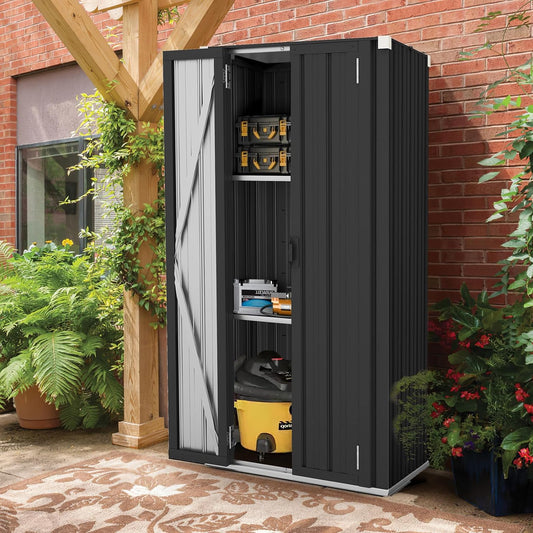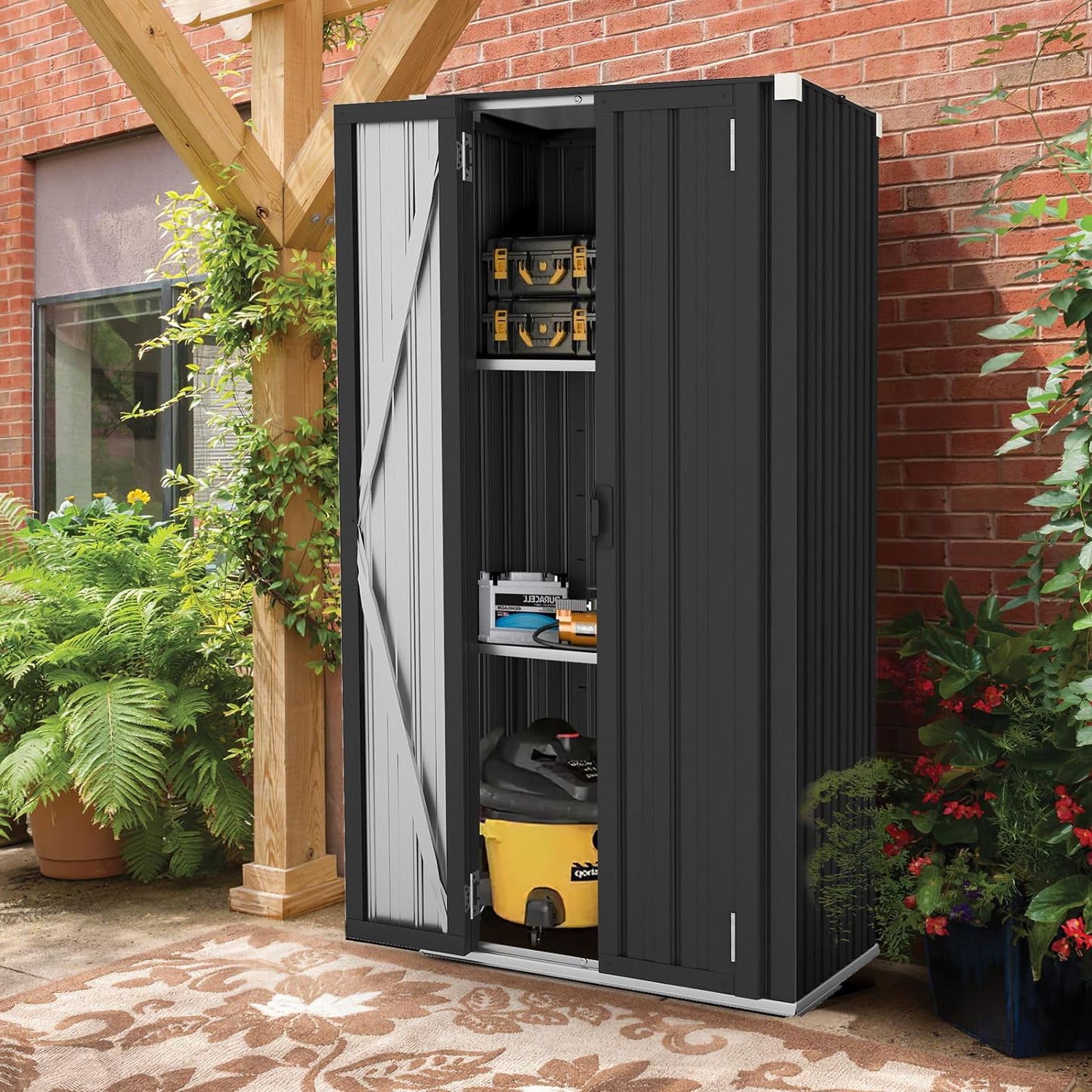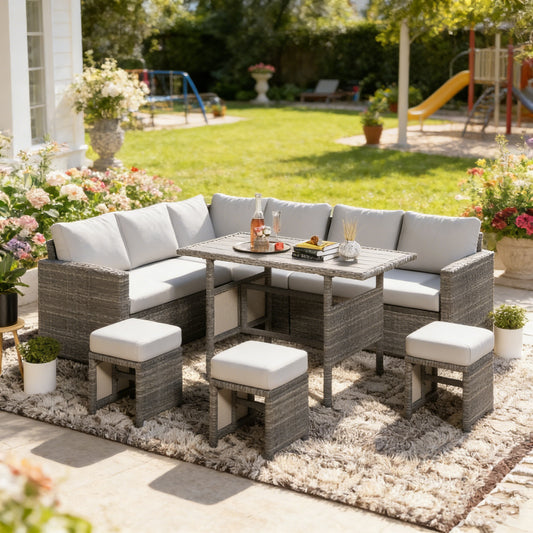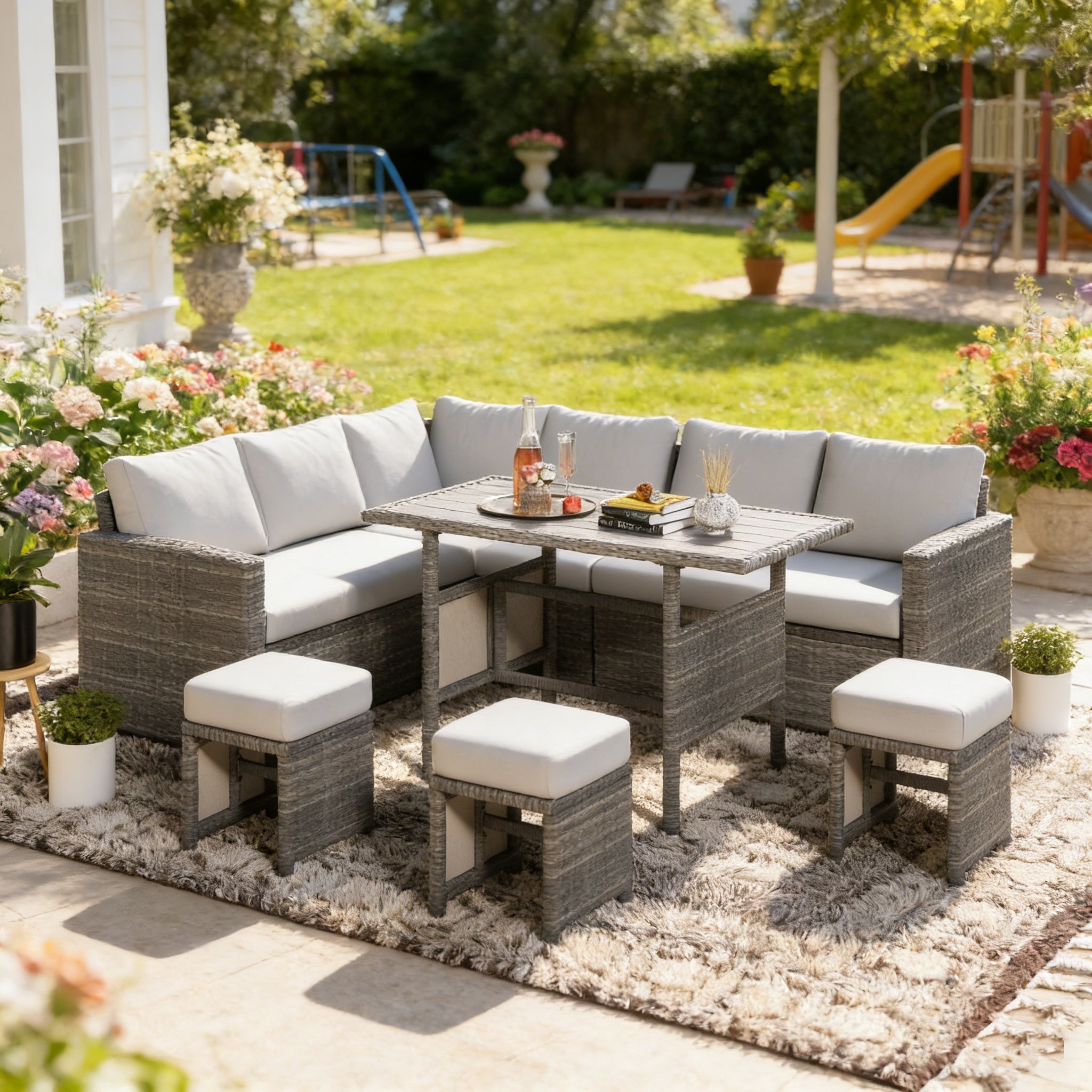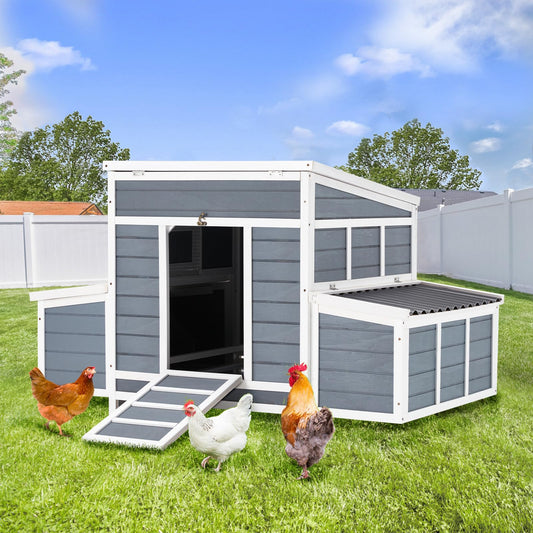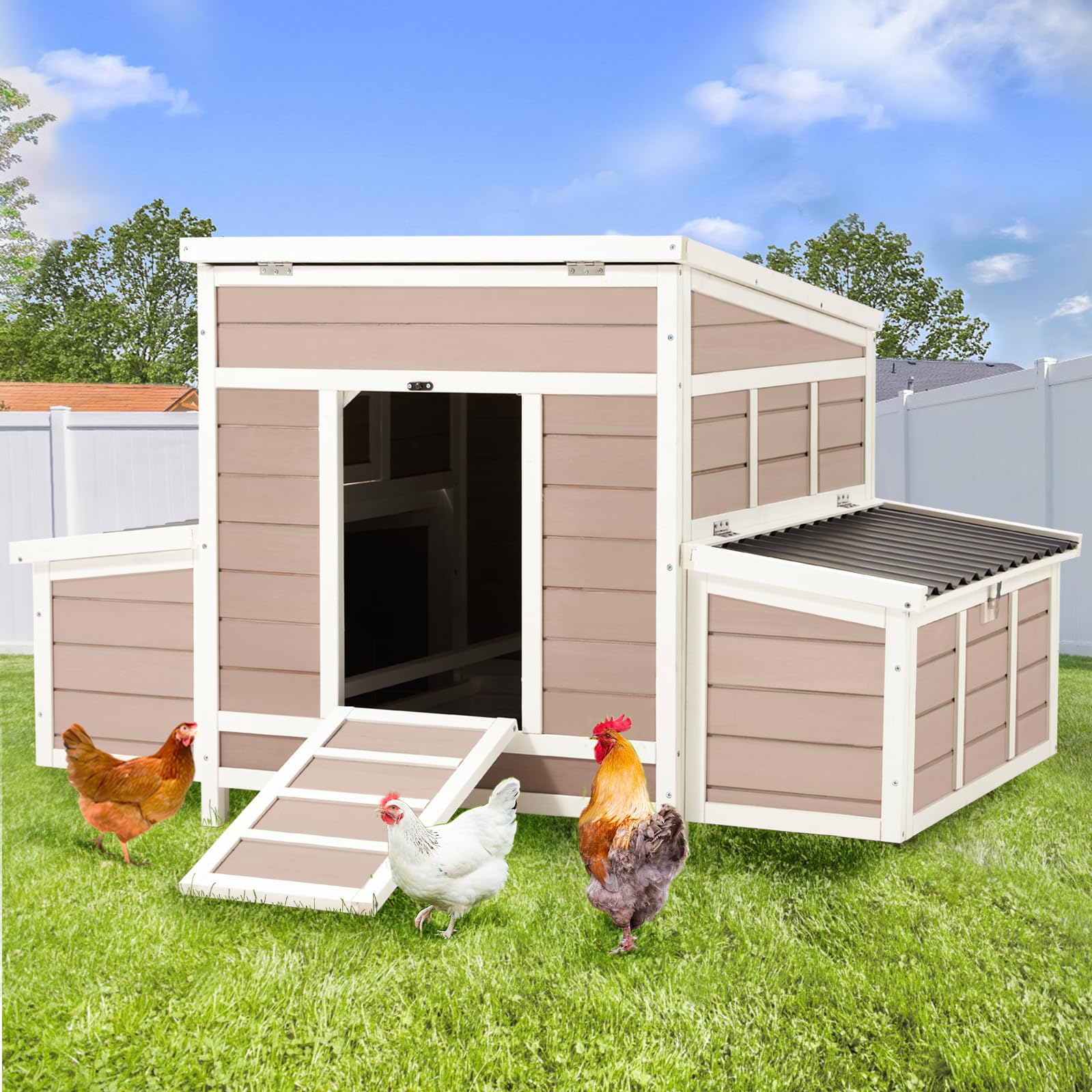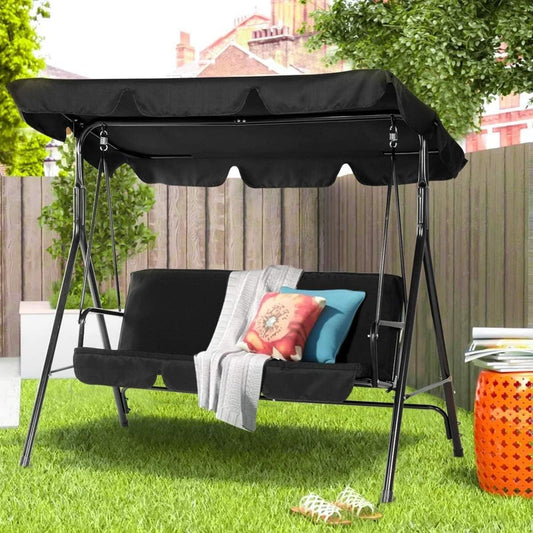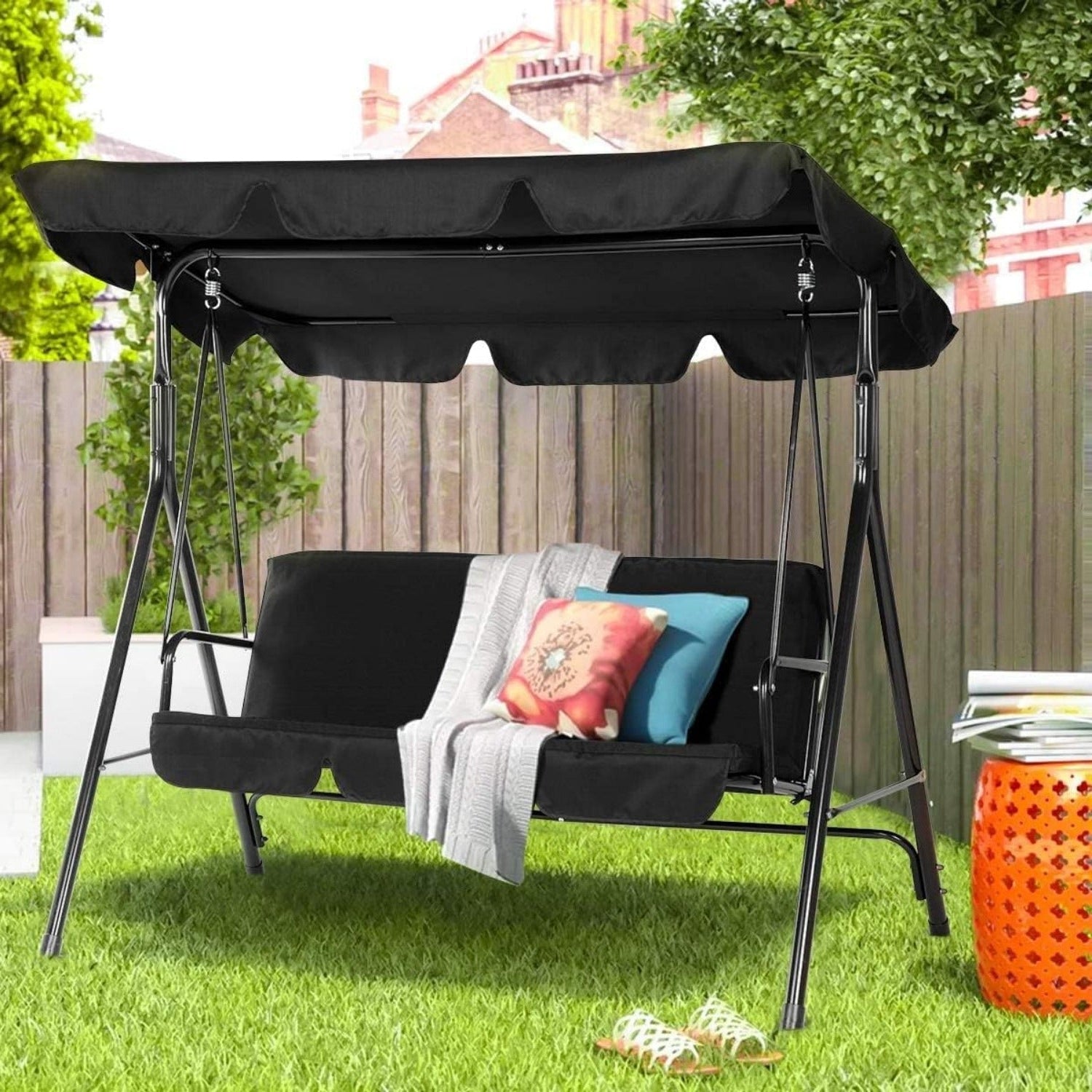What Is the Average Lifespan of a Window Air Conditioner?
If you have relied on an air conditioner for window installation to get through a heat wave in the summer, you are not alone. These small units that can be installed easily are lifesavers for apartments, bedrooms, home offices, and even dorms. But with that ease of use, there is one big question that remains, how long will they last?
Take Emily for instance. A renter in Houston who bought a mid-range window AC unit in 2019. By 2024, the unit was blowing less cool air, using more energy and making funny sounds. Emily diligently cleaned her energy efficient window air conditioner, and her expectations were for cooler air. Sound familiar?
Like any home appliance, a window air conditioner’s lifespan varies by several variables - quality, routines, maintenance, and the climate in the area of residence. This article will take a look at a window air conditioner’s lifespan, some signs that it is time to replace, and suggestions for getting the most out of your purchase, if you made an investment in energy efficiency.
What Factors Affect the Lifespan of a Window AC Unit?

An average window air conditioner will last between 8 - 12 years, depending on how you use the unit. Perhaps the most important factor to consider is your usage. If a window unit is in continuous use all summer long in high temperature atmospheric pressure environments, it will be spent sooner than a window system used only during the summer months. Maintenance of the place of installation and the appliance itself is equally as important. If you regularly replace air filters every month, check for a refrigerant leak, and regularly clean layers of dust off the condenser coils, you could deliver significantly better performance and years of additional service life.
It is also important to consider the location and weather patterns when thinking about a window AC system lifespan. If the installation location is not level, or the unit is not sealed adequately or left open during a flood or power failure, moisture could infiltrate the unit causing possible irreversible failure. Coastal or humid conditions will expose delaminating metals and any seasonally dusty installation locations could likely produce failing air filters and dust blocking fan systems.
Small window air conditioners are often used in single rooms or small apartments. When appropriately matched to the room size, they may experience less strain, potentially lasting longer than oversized units forced to work in cramped spaces. Meanwhile, the quietest window air conditioner models often incorporate better insulation, advanced fan designs, and more efficient motors—all of which can reduce stress on components and contribute to a longer service life.
Regular servicing, thoughtful usage, and choosing the right unit size and features all contribute to how long your AC will last.
🔧 Summary Table: Key Factors That Affect AC Lifespan
| 🔍 Factor | 🧊 How It Affects Lifespan |
|---|---|
| 🏠 Room Size | Using small window air conditioners in large rooms strains the unit and shortens lifespan. |
| 🧼 Maintenance | Dirty filters and coils force the unit to work harder, reducing efficiency and durability. |
| 🌡️ Usage Frequency | Running the AC 24/7 leads to quicker wear-and-tear. Occasional use means longer life. |
| 🌬️ Air Quality | Dusty or smoky environments clog filters faster, especially in urban or industrial areas. |
| 🔇 Noise Level Design | The quietest window air conditioner may need more careful handling of sensitive components. |
| 🌧️ Climate & Environment | Coastal areas with salty air can cause corrosion if the unit isn’t cleaned regularly. |
How to Tell When Your Window AC Needs to Be Replaced
Have you thought about how long do window air conditioning units last? The general life of most window air conditioning units is 8 to 12 years on average, however, this can vary depending on how much the units are used, how well the units are maintained, and how well built the units are overall. You may be wondering, how do I know when it's time to replace my air conditioner for windows? Here are some important indicators:
-
Cooling Efficiency Problem
If your unit can't cool the room like it once did, particularly for small window air conditioners that cool compact spaces, it may be running too hard for too long or is losing capacity. -
Unusual Noise or Vibration
Rattling, buzzing, or grinding is usually a sign of wear and tear on internal components and loose screws or panels. It typically means your AC is older. -
Rising Energy Bills
If your electricity costs have increased out of nowhere, but you are using the same amount of energy, then your AC is possibly drawing greater energy loads because of operational inefficiency. -
Excessive Repairs
If you are calling for repairs every other month, consider getting a replacement unit instead of forking out money for repairs every few months. -
Physical Evidence ofDefects and Excessive Wear
Look for rust, leaks or frost on your condensing unit. If you see evidence of these physical defects, there may be deeper internal damage that is impacting your AC performance and efficiency. -
Age of the Unit
Even if everything seems fine, when your operating window gets to 8-12 years, you should look at getting a replacement unit. Usually, after a decade has passed, more significant performance gains and energy savings can usually be had.
Replacing your window AC on time ensures you stay cool and avoid unexpected breakdowns during peak summer. Newer models also offer quieter operation and enhanced energy efficiency, making them a smart upgrade.

How to Extend the Life of Your Window Air Conditioner
A properly maintained window air conditioner can last for 10 or more years, which means less likelihood of having to buy a new one every few years. Below are methods that have been proven to maximize your air conditioner's lifespan while keeping it working efficiently:
1. Clean or Replace the Filter Regularly
Filters can easily be clogged by dirt and debris, which forces your unit to do more work and consume more energy. Clean the filter every 30 days during peak season, or replace them as the manufacturer suggests. This is a critical step for energy efficient window air conditioners. A clean filter primarily ensures the air conditioner runs at the rated efficiency.
2. Seal Any Air Leaks Around the Unit
Air gaps around the unit and window frame let warm air and other contaminants in and cause the air conditioner to do more work. Insulate the gaps using foam sealant or weather stripping, which will keep cool air in your house rather than allow it to escape, and will keep warm air out.
3. Keep the Coils Clean
The evaporator and condenser coils can become dirty with time, which may limit heat transfer. Clean the coils when they're dirty, with a soft brush or coil cleaner, at least once a year.
4. Use a Smart Thermostat or Timer
Don't simply run your air conditioner for window cooling 24/7. A programmable thermostat or built-in timer will help minimize run-time, reduce your energy bills, and prolong the life of the unit.
5. Shield It from Direct Sunlight
Install the air conditioning unit in a shaded window. If it's not possible, close any curtains/blinds to limit exposure to heat from sunlight. By reducing the amount of sun exposure and heat, you'll reduce the amount of work the air conditioner has to do.
6. Remove the Unit in Off-Seasons (if possible)
If your model allows, uninstall it during fall and winter. Store it in a dry indoor place to prevent moisture damage or rust buildup.
7. Schedule Annual Maintenance
Even for energy efficient window air conditioners, a professional tune-up once a year helps catch minor issues early and keeps everything functioning smoothly.
For more detailed tips on maintenance and saving energy, you can check out this helpful guide by the U.S. Department of Energy:
🔗 Recommended Reading: Energy Saver – Tips for Maintaining Window AC Units

Should You Repair or Replace an Old Unit?
As your window air conditioner starts to show its age, it can be hard to determine a proper course of action when trying to decide whether to repair or replace. There are many variables to consider — the unit's age, efficiency, repair cost and problem, etc.
-
Lifespan of the Unit
The average lifespan of most window air conditioner units is approximately 8 to 10 years. If your unit is already over this age and continually breaks down, replacing it with one of the newer energy efficient window air conditioners that provide better cooling and lower electricity bills may be the more cost-effective option. -
Energy Efficiency
Older models generally use more energy. By replacing an old model and installing a new energy-efficient window air conditioner, you could make considerable savings on your utility bill. Make sure to buy ENERGY STAR®-rated models because they are designed to provide better cooling while using less energy. -
Repair Cost vs Replacement Cost
A good rule of thumb: if the repair costs are 50% of the price of a new unit, consider that a replacement is the way to go. Repairs that you don't want to waste your money on are a compressor or motor failure. -
Cooling Performance
Is your unit unable to cool the room like it used to? If the window air conditioner continues to run, but simply won't maintain a comfortable temperature and doesn't improve after cleaning or recharging the refrigerant, then this is an obvious sign that replacement is best.
In summary, while a quick repair might seem convenient, replacing an old unit can save you more in the long run — both in energy costs and comfort.

Energy Efficiency and New Technology in Modern AC Units
Today’s air conditioners are not only more powerful but also significantly more energy-efficient compared to older models. Thanks to inverter technology, smart thermostats, eco modes, and improved refrigerants, modern AC units can cool your home using far less electricity. This not only lowers your utility bills but also reduces your environmental impact.
Features like Wi-Fi control, precise temperature modulation, and programmable timers offer a new level of convenience and control. Some designs even focus on lifestyle integration—such as U-shaped units that let you open your window fully for fresh air while keeping the AC installed.
For example, YODOLLA’s 8100 BTU Window Air Conditioner combines ultra-quiet operation (as low as 38 dB) with a built-in drainage pump, flexible window access, and efficient cooling for rooms up to 350 sq. ft.—illustrating how modern units are designed with both performance and user comfort in mind.
| 💡 Feature | 🆕 New Tech AC Units | 🛠️ Old Units |
|---|---|---|
| ⚡ Energy Efficiency | High (Inverter, Eco Mode) | Low (Always on/off) |
| 📱 Smart Features | Wi-Fi, App Control | Manual only |
| 🔇 Noise Level | As low as 38 dB | Often noisy |
| 💧 Drainage | Built-in pump & filter | Often leaks or clogs |
| 🌱 Refrigerant | Eco-friendly (R32) | Outdated (R22/Freon) |

Conclusion: Making the Right Choice for Long-Term Comfort
Selecting the right air conditioner is not just about surviving the summer heat; your goal is to create a cool, quiet, and energy-efficient space for all seasons. Recognizing the importance of factors like BTU calculations and ratings, energy efficiency ratings (EER), and different units allows you to select an option that adequately meets the needs of your room size and your style of living.
Whether you are interested in achieving your own comfort level with a compact portable air conditioner, or a larger window version, you want to think about any features that enhance your comfort on a daily basis, including low-noise design, basic controls, and dehumidifiers. For individuals who are leaning towards a window air conditioner, the YODOLLA 8100 BTU U-Shaped Air Conditioner is overall a good choice for small to medium rooms with its low noise operation and ability to efficiently reduce indoor temperatures.
Ultimately, the better choice is the one that complements your space, satisfies your cooling requirements, and fits your long-term comfort expectations.











